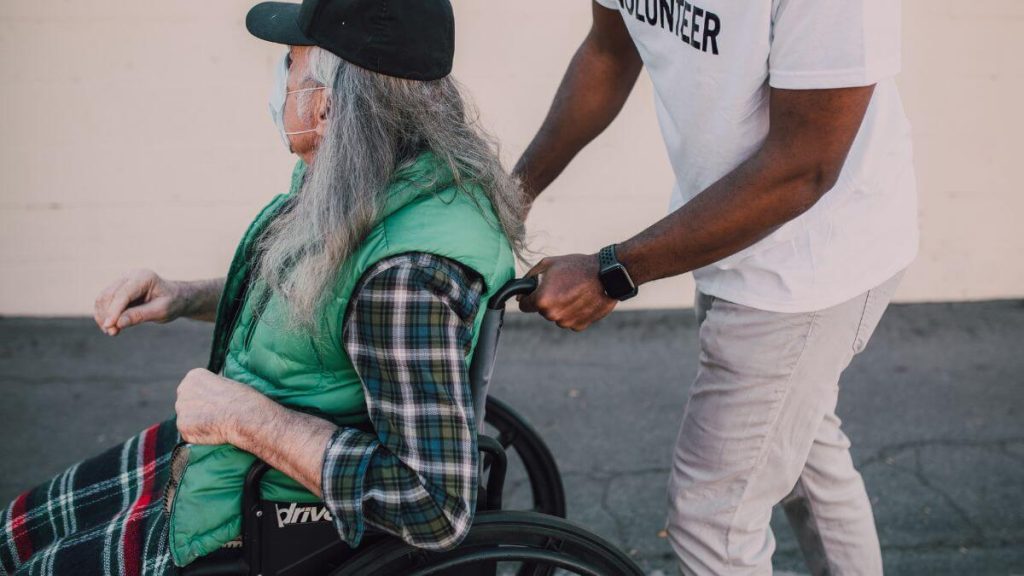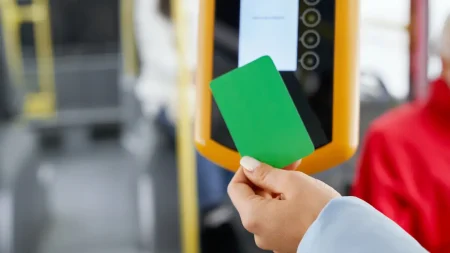People in South Africa who have chronic illnesses or disabilities should receive respectable, easily accessible, and reasonably priced care. This friendly, helpful manual explains how to approach institutions, where to obtain trustworthy support, and what paperwork to prepare. It focusses on reputable non-governmental organisations and government initiatives that offer palliative care, social work, rehabilitation, illness management, and assistance with adherence. It is intended for those who seek knowledge that is useful in their daily lives, including donors, carers, and medical professionals.
Why Accessible Disability and Chronic Care Matters
Chronic sickness and disability can put a strain on homes. Information is dispersed, transportation is costly, and lines are lengthy. By bringing social work, rehabilitation, screening, home-based care, and adherence support closer to people, community-based care and NGO collaborations are beneficial. To cut down on travel and time away from job or school, a lot of public-NGO programs now provide pick-up locations for recurring medications. The organisations listed below are reputable, established players with significant local or national ties.
Gauteng
Association for the Physically Disabled (APD) Johannesburg
Who they serve:
Children, youth, and adults with physical disabilities and their families across greater Johannesburg. They often work with people who use wheelchairs, those recovering from injuries or strokes, and families seeking assistive devices, school inclusion, or workplace accommodation.
Core services:
- Social work and case management: Intake assessments, care plans, crisis support, and referrals to therapists, clinics, schools, and SASSA services.
- Rehabilitation pathways: Linking to physiotherapy and occupational therapy, home-based rehabilitation advice, and caregiver training.
- Assistive devices and home adaptations: Guidance on wheelchairs, seating, crutches, walkers, ramps, and bathroom modifications; help with quotes, donations, and funding applications.
- Community integration and empowerment: Support groups, skills development initiatives, and accessibility advocacy with local authorities and businesses.
- School and workplace inclusion: Letters and reports that help with reasonable accommodation, study concessions, and transport arrangements.
How intake works:
You or a caregiver phones to request an intake appointment. A social worker screens your needs, explains the process, and schedules an assessment (telephonic or in person). Home visits are arranged for clients with mobility barriers.
Eligibility and costs:
Priority is given to low- and middle-income households. Many services are free. Some programmes use means testing for device co-payments. No one is turned away without exploring alternatives.
What to bring:
ID, proof of address, clinic card or recent medical letters, and any device or seating report you already have.
What to expect:
Expect a respectful, practical conversation. APD focuses on achievable next steps—such as getting onto a wheelchair waiting list, securing transport support for clinic visits, or fast-tracking a school meeting for accessibility.
- Address: 19 Woolston Rd, Westcliff (Westcliff/Randburg), Johannesburg, Gauteng, 2193
- Phone: 011 646 8331
- Email (public listing): mwapdgrb@mweb.co.za Cybo
- Services: Physical disability support, social work, assistive‐devices, rehabilitation, community integration
- Tip: Ask for Intake/Social Work department when you call.

Greater Pretoria Association for Persons with Disabilities (GPAPD)
Who they serve:
People with physical disabilities and their families in Pretoria and surrounding areas, plus coordination support for affiliates in Gauteng.
Core services:
- Advocacy and rights support: Help with disability parking discs, public facility accessibility issues, and workplace or school accommodations.
- Social services: Case management, counselling, and linkage to therapy, government grants, and assistive device pathways.
- Community support: Peer groups, skills development, caregiver training, and awareness events to reduce stigma.
- Referral hub: Connects you to the most relevant local APD branch or specialist NGO for your specific needs.
How intake works:
Phone or visit the office to log your request. A trained staff member gathers your details and channels you to the correct service stream or affiliate. Expect a follow-up call with your next steps and documents to prepare.
Eligibility and costs:
Services focus on those with demonstrated need. Consultations and advocacy are typically free; device procurement may involve cost-sharing based on funding availability.
What to bring:
ID, proof of address, any medical or school reports, and a short description of the challenges you face (mobility, transport, access to therapy, device repairs).
What to expect:
Clear guidance on your rights, realistic timeframes, and transparent communication on waiting lists, especially for high-demand assistive devices.
- Address: 379 A Maunde Street, Atteridgeville, Pretoria, Gauteng
- Phone: 011 838 3012 or 011 838 3016
- Services: Advocacy, referrals, and social services for persons with physical disabilities.
- Note: Ideal contact point for accessibility rights, parking discs, or workplace/school accommodation issues.

Western Cape
The HOPE Centre (chronic disease screening and education model)
Who they serve:
Adults at risk of, or living with, hypertension and diabetes. The HOPE Centre approach is well-known for community education, screening, and referral back into primary care. It’s especially helpful if you need practical coaching on diet, medication adherence, and lifestyle changes.
Core services:
- Screening: Blood pressure, blood glucose checks, and risk assessments.
- Health education: Group talks and one-to-one coaching on diet, activity, foot care, medication routines, and warning signs.
- Referral and follow-up: Linking to local clinics for diagnosis confirmation, treatment initiation, and chronic medicine enrolment.
- Peer support: Safe spaces to discuss daily challenges, set goals, and learn from others living with chronic conditions.
How intake works:
You attend a screening day or call for an appointment. Staff capture your history and perform checks, then refer you for confirmatory testing and treatment. Follow-up education and reminders help you stay on track.
Eligibility and costs:
Services are offered at no cost to clients, supported by donors and public partners. Your only “cost” is consistent participation and follow-up.
What to bring:
ID, proof of address, any previous lab results, and a list of current medications (with doses).
What to expect:
A friendly, non-judgemental environment focused on small, sustainable changes. Education is practical and culturally aware, with tips that work in real households.
- Address: Various partner clinics across the Western Cape use this chronic care education model. Ask your nearest community health centre if they host HOPE or similar chronic education sessions.
- Phone: Contact your nearest district clinic.
- Services: Diabetes and hypertension screening, community health education, and lifestyle support programmes.
- Note: Bring your ID and current medication list for assessment.

Cape Town Metropolitan District Health Services (Public Primary Care)
(Public programme with strong NGO partnerships; included here because most chronic and disability services flow through these clinics.)
Who they serve:
Everyone in the metro needing primary healthcare, especially people with hypertension, diabetes, HIV, TB, asthma, epilepsy, mental health conditions, and other chronic needs.
Core services for chronic conditions:
- Routine monitoring: Blood pressure and glucose checks, medication adjustments, and annual reviews.
- Complication screening: Diabetic foot checks, retinal screening referral pathways, and kidney function monitoring.
- Chronic medication access: Repeat prescriptions and enrolment into convenient medicine collection points for stable patients.
- Therapy referrals: Physiotherapy, occupational therapy, dietetics, and social work through district health networks.
- Community follow-up: Linkage to community health workers for home visits, adherence support, and tracing missed appointments.
How intake works:
Visit your nearest clinic with your ID and address. The intake nurse opens or updates your file, schedules investigations, and books you with a clinician or chronic nurse. You may be added to a chronic club for grouped appointments and easier medication collection.
Eligibility and costs:
Primary care is free. Hospital services use a sliding scale. Many people with stable chronic conditions collect medicines at pick-up points closer to home or work at no cost.
What to bring:
ID, proof of address, prior scripts or hospital letters, and any assistive device information if mobility is a barrier.
What to expect:
Expect structured visits, group education sessions, and clear dates for follow-ups and lab monitoring. Ask specifically for annual eye and foot checks if you live with diabetes.
- Address: City-wide network of clinics under the Western Cape Department of Health.
- Main Office: Corner of Klipfontein and Milner Roads, Athlone, Cape Town, 7764
- Phone: 021 684 1200
- Services: Chronic disease monitoring, diabetic foot and eye screening, rehabilitation referrals, and chronic medicine pick-up points.
- Note: Ask to join the “Chronic Club” for repeat medication collection and reduced waiting times.
Eastern Cape
Care Ministry (HIV, TB, and community care)
Who they serve:
Families affected by HIV and TB, people with limited mobility after hospital discharge, and households needing psycho-social, spiritual, or practical support in parts of the Eastern Cape. They also assist with documents and referrals.
Core services:
- Home-based care: Wound care guidance, medication prompts, and basic rehabilitation advice in partnership with local clinics.
- Psychosocial and spiritual support: Counselling for individuals and families dealing with grief, stigma, or long-term illness.
- Health system navigation: Help obtaining clinic cards, retrieving lost files, understanding regimens, and re-starting treatment after interruptions.
- Material support (when available): Limited assistance with food parcels or transport for critical clinic visits, based on donations.
How intake works:
Call or visit during office hours. A care worker takes your details, notes urgent needs, and coordinates a first visit or phone assessment. For clients discharged from hospital, a caregiver can call on their behalf.
Eligibility and costs:
Focused on low-income households and those in crisis. Services are free. Donations keep outreach running; there is no obligation to donate.
What to bring:
ID, any clinic cards, TB treatment card or HIV record if you have one, and names of current medicines.
What to expect:
Gentle, respectful support. The team works closely with public clinics to keep treatment on track and reduce readmissions.
- Address: The Catholic Centre, 333 Cape Road, Newton Park, Gqeberha (Port Elizabeth), Eastern Cape, 6045
- Phone: 041 365 1135
- Email:caremin@isat.co.za
- Services: Home-based care for HIV and TB patients, wound care, counselling, and community support.
- Note: Ideal for individuals recently discharged from hospital or needing emotional and spiritual support.
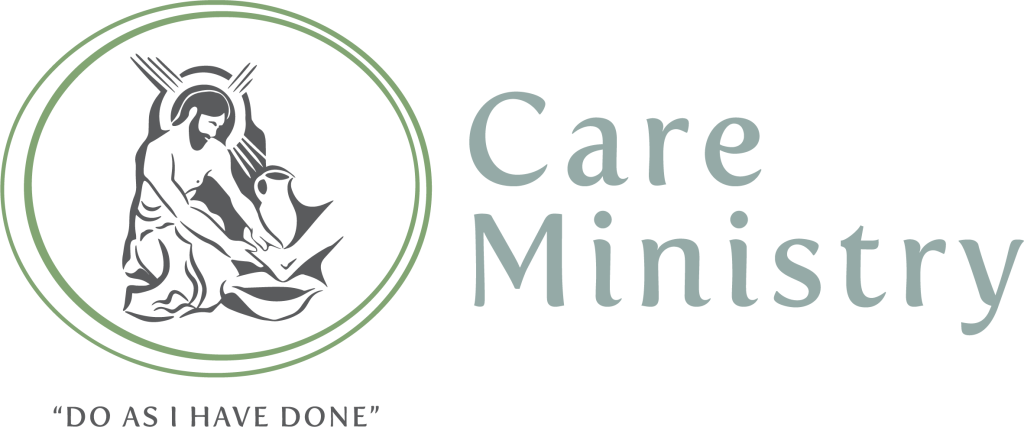
National Organisations
National Council of and for Persons with Disabilities (NCPD)
Who they serve:
People with disabilities nationwide, their families, employers, schools, and government stakeholders. NCPD supports inclusive policies and programmes and strengthens the work of local affiliates such as APD branches.
Core services:
- Advocacy and rights: Campaigns for accessible environments, inclusive education, equal employment, and transport equity.
- Technical guidance: Advice to businesses, schools, and municipalities on universal design and reasonable accommodations.
- Coordination and referrals: Connecting individuals to local disability organisations for casework, devices, and rehabilitation.
- Awareness and training: Workshops that tackle stigma, disability etiquette, and practical inclusion steps.
How intake works:
Contact the national office by phone or email. You’ll be routed to the most relevant provincial or local partner for direct support, or to NCPD specialists if your case requires national-level intervention.
Eligibility and costs:
Advice and referrals are generally free to individuals. Technical services for institutions may be fee-based to sustain the advocacy work.
What to bring:
A clear description of your access barrier or case, any previous assessments, and contact details for your school, employer, or landlord if institutional advocacy is needed.
What to expect:
Structured escalation. If a municipality or company needs to fix an access barrier, NCPD can advise on standards and follow up.
- Address: 82 Andries Pretorius Road, Edenvale, Johannesburg, Gauteng, 1609
- Phone: 011 452 2774
- Email:therina@ncpd.org.za
- Services: National advocacy, inclusion training, and referral to local disability organisations.
- Note: Contact the national office for systemic or policy-related issues in employment, education, or transport.
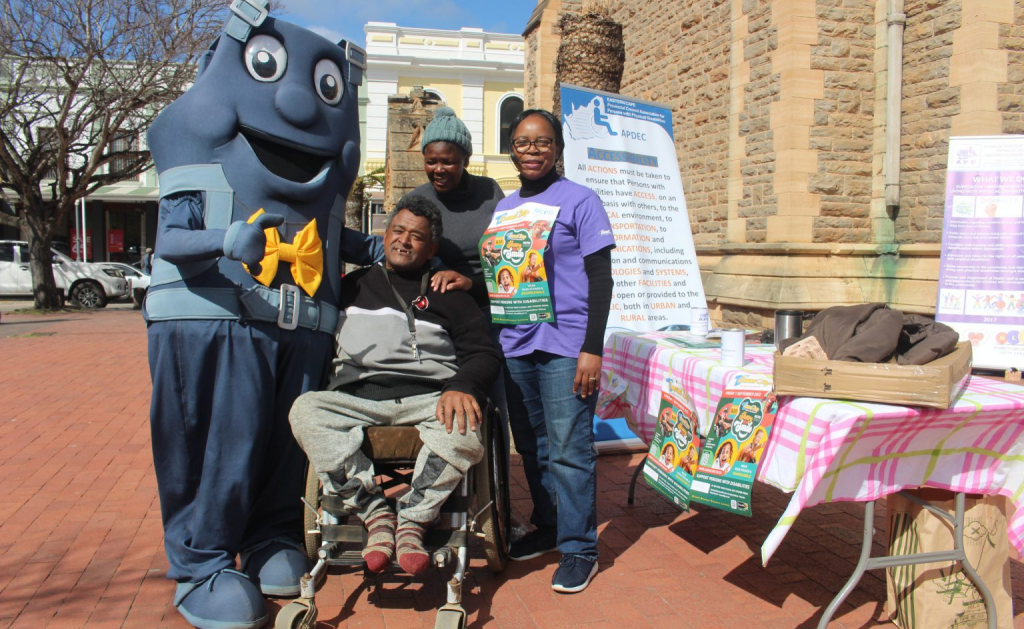
TB HIV Care
Who they serve:
People living with or at risk of HIV and TB across multiple provinces, including key populations, adolescents, and rural communities.
Core services:
- Testing and treatment support: Community testing, linkage to clinics, starting or re-starting antiretroviral therapy or TB treatment, and adherence coaching.
- Outreach to priority groups: Services targeted to youth, sex workers, men in high-incidence areas, and people who use drugs.
- Prevention: Condoms, HIV prevention medications, and education tailored to local contexts.
- Tracing and retention: Community follow-ups if you miss appointments, with problem-solving to get you back on treatment.
How intake works:
Walk up at an outreach event, call a local office, or ask your clinic to connect you. A counsellor captures your details and links you to the nearest service point.
Eligibility and costs:
Services are free to clients. Programmes are funded through government and donors.
What to bring:
ID, clinic card, and any previous results or treatment cards if you have them.
What to expect:
Friendly, confidential services with simple explanations. If you’ve stopped treatment, staff focus on getting you back on track without blame.
- Head Office Address: 7 Princess Road, Claremont, Cape Town, 7708
- Phone: 021 685 5920
- Email:info@tbhivcare.org
- Services: HIV and TB testing, treatment adherence support, community outreach, and prevention programmes.
- Note: Provides free and confidential services; outreach teams also assist with re-starting treatment.

Treatment Action Campaign (TAC)
Who they serve:
People experiencing barriers to HIV and TB services, communities calling for quality public healthcare, and individuals whose rights are being violated in clinics.
Core services:
- Rights and accountability: Support when medication is out of stock, waiting times are extreme, or services are discriminatory.
- Community monitoring: Gathering evidence on clinic performance and engaging health authorities to fix problems.
- Patient support: Advice on how to escalate unresolved issues, write formal complaints, and request fair treatment.
How intake works:
Call or visit a local TAC office or community meeting. Provide a brief account of your challenge and any proof (appointment card, dates, names, photos of notices).
Eligibility and costs:
Free to the public.
What to bring:
Your story, dates, and any documentation. TAC can help you structure your complaint effectively.
What to expect:
Clear guidance on your rights and next steps. TAC can accompany community members in engagements with facility managers or district officials.
- Address: 1st Floor, 110 Bree Street, Cape Town, 8001
- Phone: 021 422 1700
- Email:info@tac.org.za
- Services: Rights-based support for people facing barriers to HIV/TB care, advocacy, and health facility accountability.
- Note: You can call to report service issues at clinics or hospitals and get help filing a complaint.
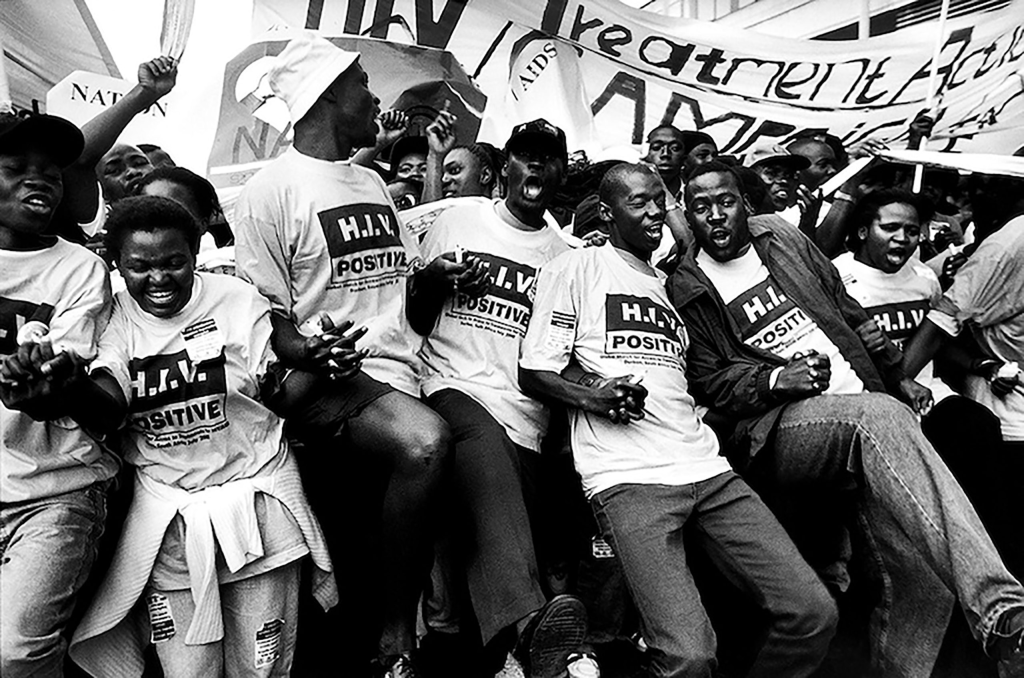
Association of Palliative Care Centres (APCC)
Who they serve:
Children and adults with life-limiting or life-threatening conditions and their families, nationwide—through a network of accredited hospices and palliative providers.
Core services:
- Pain and symptom management: Multi-disciplinary teams supporting comfort and quality of life at home or in inpatient units.
- Home visits and caregiver training: Practical coaching on positioning, feeding, pressure care, medication schedules, and safe lifting.
- Psychosocial and bereavement support: Counselling for patients and families before and after loss.
- Coordination with clinics and hospitals: Ensuring clear treatment plans and respectful transitions of care.
How intake works:
Call your closest hospice. A nurse or social worker will screen your needs and set up the first visit. Urgent pain or distress is prioritised.
Eligibility and costs:
Many hospices provide free or sliding-scale services supported by donations. No one is refused purely due to inability to pay.
What to bring:
ID, recent medical letters, medication list, and contact details for your treating clinician.
What to expect:
Gentle, family-centred care focused on dignity, comfort, and the goals that matter to the patient.
- Address: 3rd Floor, 21 Riebeek Street, Cape Town, 8001
- Phone: 021 531 0277
- Email:info@apcc.org.za
- Services: National network of hospices providing pain management, home-based care, caregiver training, and bereavement support.
- Note: Ask for the nearest accredited hospice in your province. Many services are free or income-based.
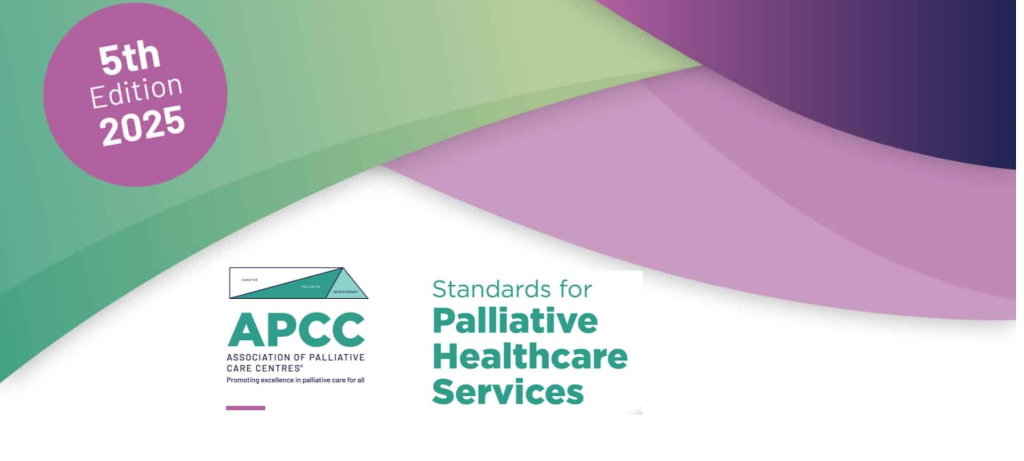
How to Access These Services: A Step-by-Step Path
Step 1: Start at your nearest public clinic
- Explain your condition, your daily barriers, and your goals (e.g., “I need easier medicine collection” or “I need help with a wheelchair and home access”).
- Ask for a chronic care plan, necessary referrals (physio, OT, social work), and enrolment in an external pick-up point if you are stable on medication.
- Request written notes you can share with an NGO (diagnosis, current regimen, any therapy recommendations).
What to say on the phone (clinic):
“Hello, my name is [Name]. I live in [Suburb]. I’m managing [condition]. I want to enrol in chronic care and collect my medicines at a pick-up point. I also need a referral to [physiotherapy/OT/social work]. When can I come in?”
Step 2: Contact an NGO in your area
- Use the profiles above to identify the best fit: disability support (APD/GPAPD/NCPD), chronic disease education (HOPE Centre model), HIV/TB support (TB HIV Care), palliative care (APCC/hospices), or rights support (TAC).
- Share your diagnosis, medication, and main barriers. Ask about waiting lists and home-based options.
What to say on the phone (NGO):
“Hello, my name is [Name]. I need support with [disability or chronic condition]. I have my ID, proof of address, and clinic card. Please advise on your intake process, documents you need, and whether you offer home visits or transport assistance.”
Step 3: Prepare your paperwork
- ID or passport, proof of address, clinic/hospital card, recent scripts, and any disability assessment or therapist notes.
- If you lack proof of address, ask your ward councillor or a local community leader for a confirmatory letter.
Step 4: Join education or support groups
- Diabetes and hypertension education improves control and reduces hospital visits.
- Disability peer groups share practical tips on transport, workplace rights, and navigating device funding.
Step 5: Know your rights and how to escalate
- If your clinic lacks medicines or refuses reasonable accommodations, document the date, staff names if possible, and what happened. Contact a rights-based NGO for help drafting a complaint and requesting a fix.
Service Snapshots by Need
Disability support and rehabilitation
- APD Johannesburg, GPAPD, NCPD: Social work, case management, assistive device guidance, accessibility advocacy, school and workplace inclusion support, caregiver training, and community integration.
Chronic disease management (hypertension, diabetes, asthma, epilepsy, mental health)
- Public primary care and chronic clubs: Routine monitoring, stable medicine pick-ups at convenient points, foot and eye screening for diabetes, and referrals to therapists.
HIV and TB
- TB HIV Care: Testing, linkage, adherence support, outreach to youth and key populations, and tracing to help you restart treatment if needed.
- TAC: Patient rights support, community monitoring, and help escalating unresolved issues.
Palliative and caregiver support
- APCC network: Pain and symptom control, home visits, caregiver coaching, psychosocial and bereavement support.
Frequently Asked Questions
Is care free at public clinics?
Yes, primary care is free for many users. Hospitals use a sliding scale. Chronic medications for HIV, TB, hypertension, and diabetes are provided through public services. If you’re stable, ask to collect at a pick-up point near your home or work.
Can I get help with a wheelchair or home adaptations?
Yes. Speak to APD Johannesburg, GPAPD, or your local APD affiliate for assessments, funding pathways, and practical adaptation advice. Bring any therapy reports you have.
I struggle to keep appointments. What should I do?
Ask a social worker or community health worker to help plan transport, choose a closer pick-up point, and set reminders. Join a support group for accountability and practical tips.
What if I’m treated poorly at a clinic?
Write down the date, time, and what happened. Request the facility manager’s contact at reception. If you need help, contact a rights-based group for guidance on a respectful, effective complaint.
I’m a caregiver. Where can I learn more?
Hospices offer caregiver training and ongoing support. Disability and chronic disease NGOs run group sessions with hands-on skills, from safe transfers to medication routines.
Can volunteers or donors help?
Yes. NGOs often need volunteers for admin, events, and peer support. Donations fund devices, home adaptations, and outreach fuel. Call ahead to ask about safe roles and current priorities.
I don’t have formal proof of address. What can I use instead?
Ask your ward councillor, school, church, or community leader for a signed letter confirming your residence. A sworn affidavit from the SAPS is also accepted by many clinics and NGOs. Keep a copy for future visits.
My clinic card or prescription was lost. How do I replace it?
Go to your clinic with your ID and any old documents you still have. Ask records to retrieve your file and reissue your card or script. If your file is missing, request a same-day nurse consultation to reconstruct your history and restart your treatment plan.
Do organisations provide interpreters or South African Sign Language support?
Some do, especially disability-focused NGOs and larger public facilities. When you call to book, tell them which language or SASL support you need. If they cannot provide it, ask for a family interpreter to attend or for a referral to a facility with communication support.
Is transport available for clinic or therapy appointments?
A few NGOs offer limited transport for priority cases, and some hospices do home visits. Ask your clinic social worker about transport assistance, patient transport routes, or moving your medicine collection to a pick-up point closer to home or work.
Appointment and Call Checklist
- A charged phone and airtime for follow-up calls
- ID/passport and proof of address
- Clinic/hospital card, latest scripts, and any lab results
- Assistive device reports or therapist notes
- A list of your current medicines with doses and times
- Questions you want to ask (write them down)
- Notebook or notes app to record instructions
Also check: Food Banks & Help Desks You Can Rely on
You are not alone. South Africa’s NGOs and public health programmes exist to make life easier and healthier for people living with disabilities and chronic conditions. Start with one phone call. Ask for one referral. Join one education group. Those small steps add up.
If you share your suburb and province, I’ll point you to the most relevant local contact details and help you plan your first call and visit—without links, step by step.







